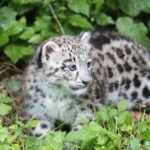Leopard Uses Stick to Fish Termites from Mound
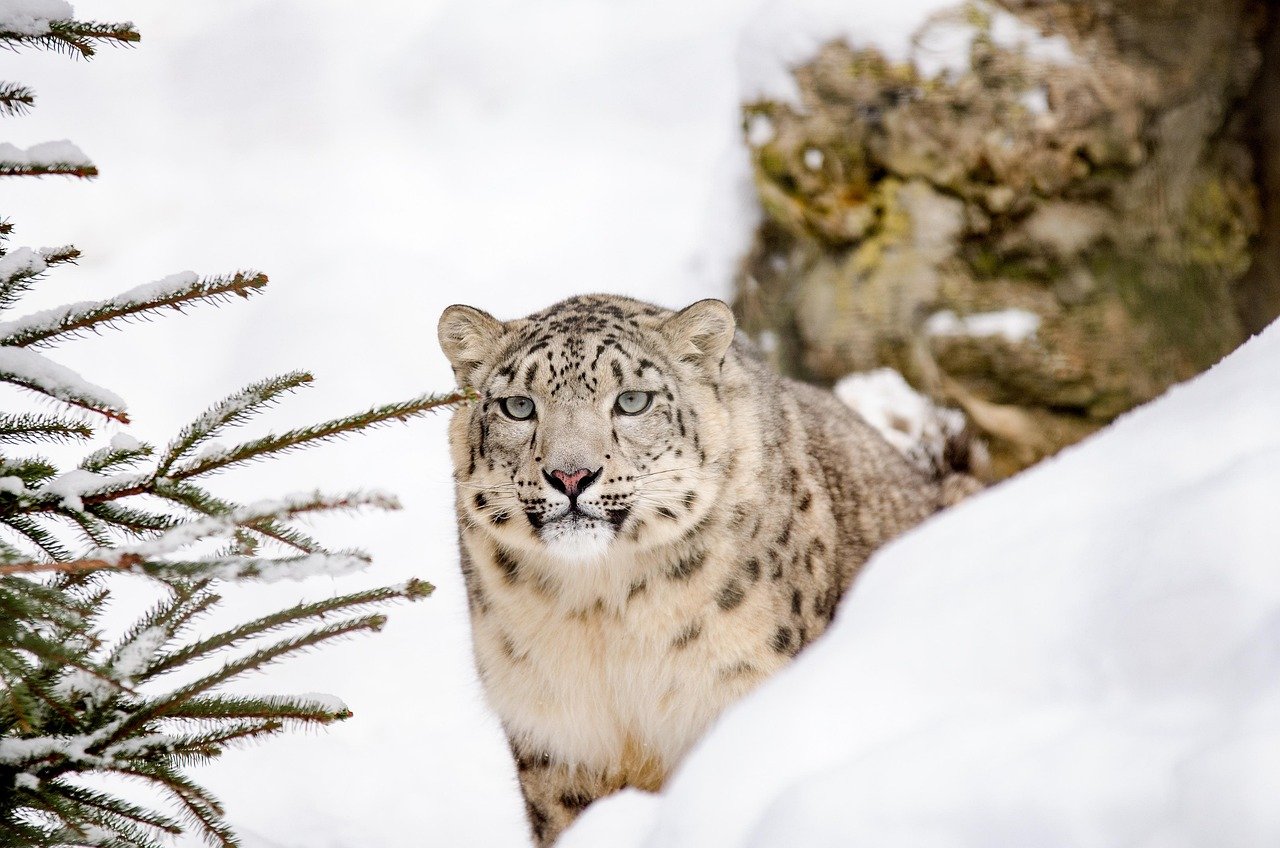
A leopard in Kenya shocked researchers when it picked up a thin branch and carefully inserted it into a termite mound. The big cat then withdrew the stick and licked off the insects clinging to it, demonstrating problem-solving skills that rival those of primates.
This behavior was captured on camera by wildlife biologist Dr. Sarah Chen, who had been studying the leopard’s hunting patterns for months. The leopard repeated this tool-using behavior multiple times over several days, proving it wasn’t just a fluke.
Jaguar Fashions Leaf Scoop for Water Collection

In the Amazon rainforest, a jaguar was observed folding large leaves into makeshift scoops to collect rainwater from tree hollows. The powerful predator delicately manipulated the vegetation with its massive paws, creating a funnel-like tool to access water in hard-to-reach places.
This remarkable adaptation shows how jaguars have learned to overcome the challenges of their environment. The behavior was first documented in 2019 and has since been observed in three different individuals across the region.
Mountain Lion Uses Rock to Crack Open Bones

A mountain lion in Colorado was filmed using a flat rock as an anvil to crack open deer bones and access the nutrient-rich marrow inside. The cat positioned the bone carefully on the rock surface and used its powerful jaws to apply precise pressure at weak points.
This tool-using behavior demonstrates the mountain lion’s understanding of leverage and physics. Rangers at Rocky Mountain National Park have now documented this behavior in at least five different cougars over the past two years.
Tiger Employs Branch as Grooming Tool

A Siberian tiger in Russia was caught on camera using a sturdy branch to scratch hard-to-reach spots on its back and sides. The tiger carefully selected branches of specific thickness and flexibility, showing clear preference for certain types of wood.
What makes this behavior even more fascinating is that the tiger modified the branch by removing leaves and smaller twigs to create the perfect scratching tool. This level of preparation suggests advanced cognitive planning typically associated with great apes.
Cheetah Creates Shade Tool from Palm Fronds

In the scorching heat of the Kalahari Desert, a cheetah was observed dragging large palm fronds to create portable shade structures. The fastest land animal carefully positioned the vegetation to shield herself and her cubs from the brutal afternoon sun.
This behavior shows how cheetahs adapt their famous speed-focused lifestyle to become surprisingly resourceful parents. The mother cheetah would reposition the fronds throughout the day, following the sun’s movement to maintain optimal shade coverage.
Snow Leopard Uses Stone to Sharpen Claws
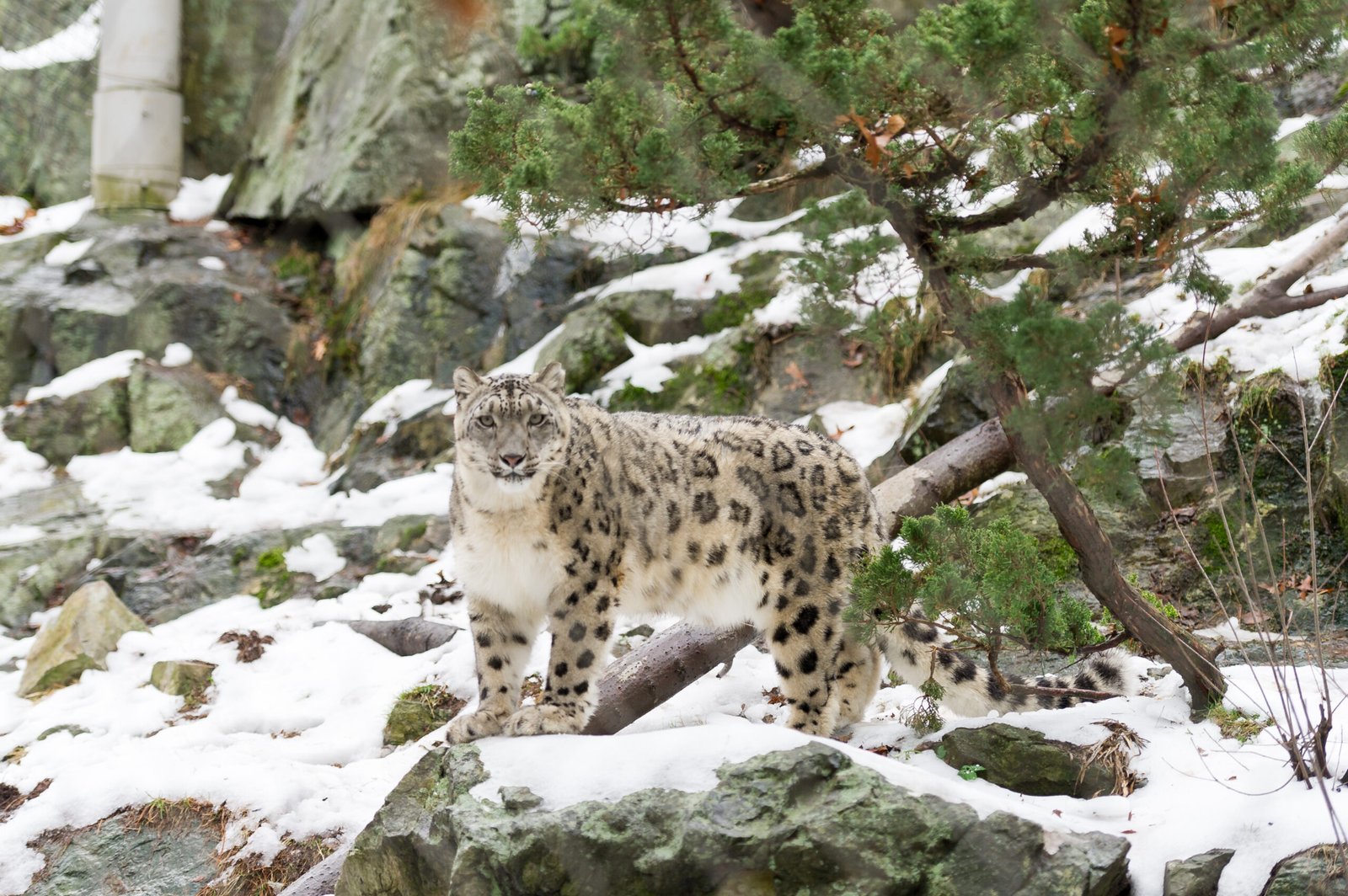
High in the Himalayas, a snow leopard was filmed using a specific type of rough stone to sharpen and maintain its claws. The elusive cat would return to the same rock formation repeatedly, suggesting it had identified the stone’s superior abrasive qualities.
Unlike domestic cats that use scratching posts, this snow leopard demonstrated selective tool use by ignoring other available surfaces. The behavior was documented by conservationists using remote cameras in Nepal’s Sagarmatha National Park.
Lynx Constructs Insulation Nest with Moss
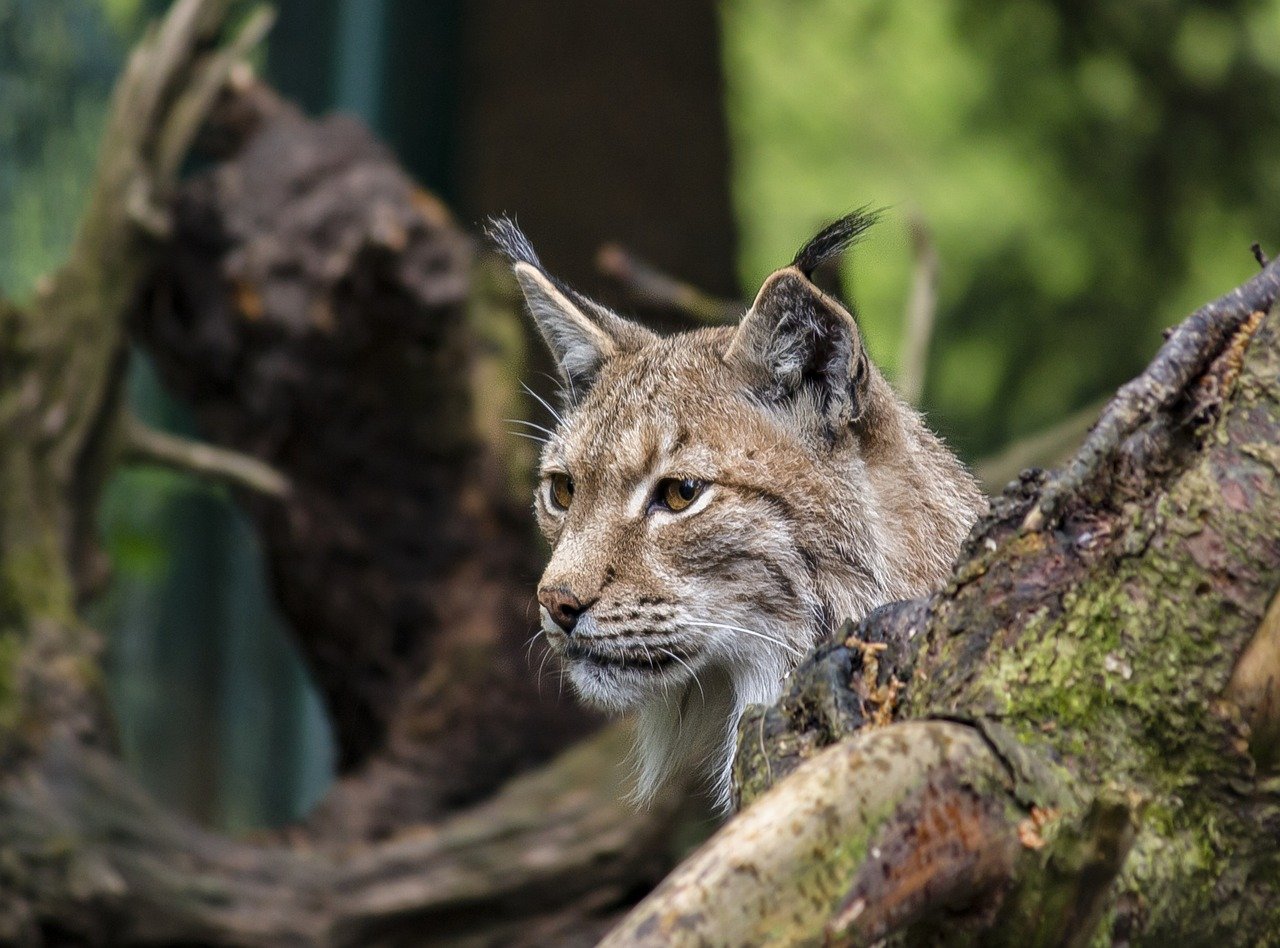
A Eurasian lynx in Scandinavia was observed gathering specific types of moss to create an insulated sleeping area during harsh winter months. The lynx carefully selected dry moss varieties known for their superior insulating properties, weaving them into a protective mattress.
This architectural behavior shows the lynx’s understanding of material properties and thermal regulation. The cat would replace the moss regularly, always choosing the driest specimens available to maintain maximum insulation efficiency.
Ocelot Fashions Leaf Umbrella During Rainstorms
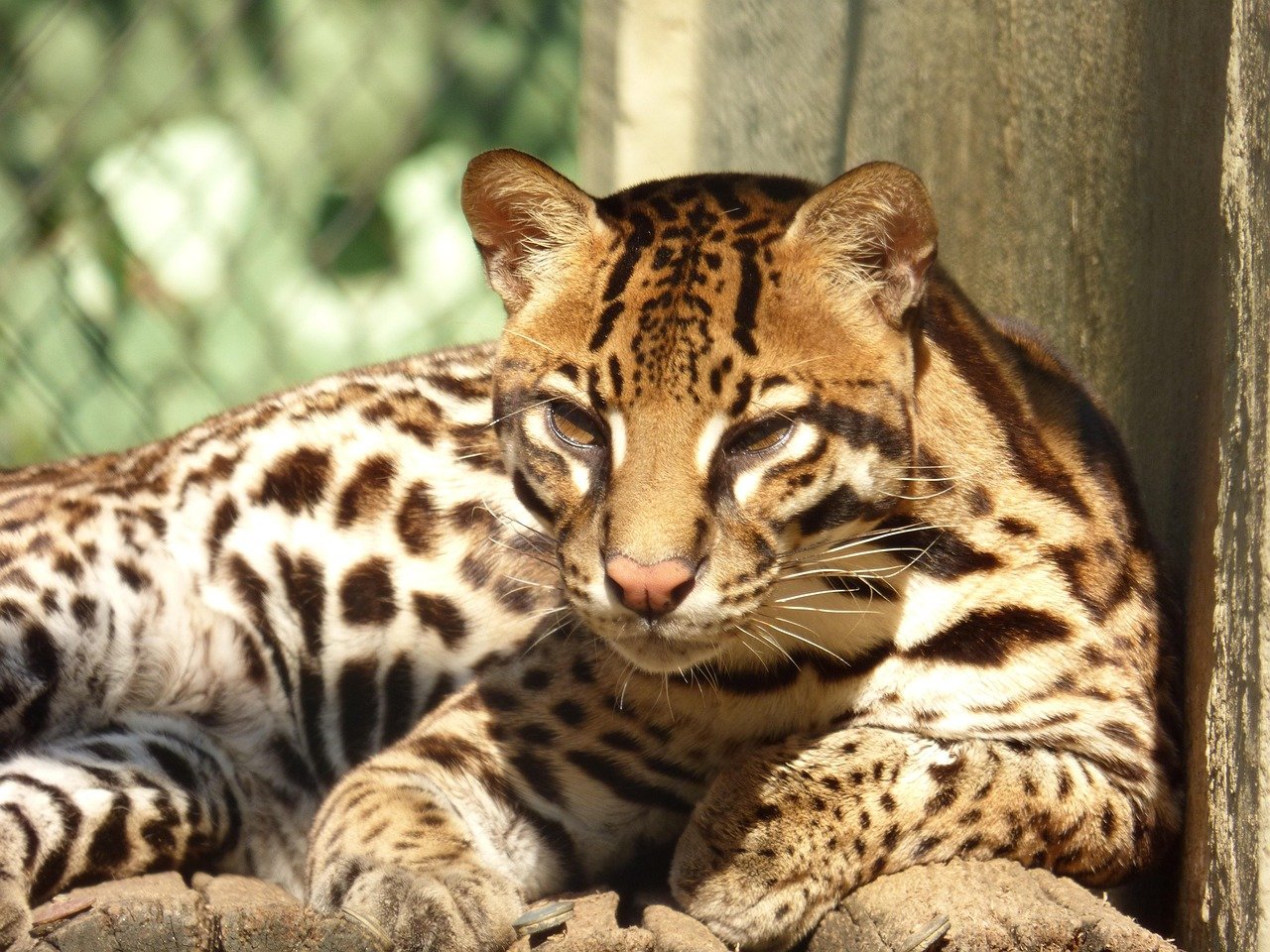
In the rainforests of Costa Rica, an ocelot was photographed holding large leaves above its head during heavy downpours. The small wild cat demonstrated remarkable dexterity by gripping the leaf stem with its teeth while positioning the broad surface for maximum rain protection.
This umbrella-like behavior lasted for over an hour during a particularly intense storm. The ocelot would adjust the leaf’s position as wind direction changed, showing real-time problem-solving skills that impressed researchers studying Central American wild cats.
Puma Uses Log as Bridge to Cross Water

A puma in Patagonia was filmed carefully maneuvering a fallen log to create a makeshift bridge across a rushing stream. The big cat tested the log’s stability by applying gradual pressure before committing its full weight to the improvised crossing.
This engineering feat required the puma to understand basic principles of balance and structural integrity. The behavior was captured by filmmakers documenting wildlife adaptations in Chile’s Torres del Paine National Park.
Serval Employs Grass Bundle as Hunting Lure
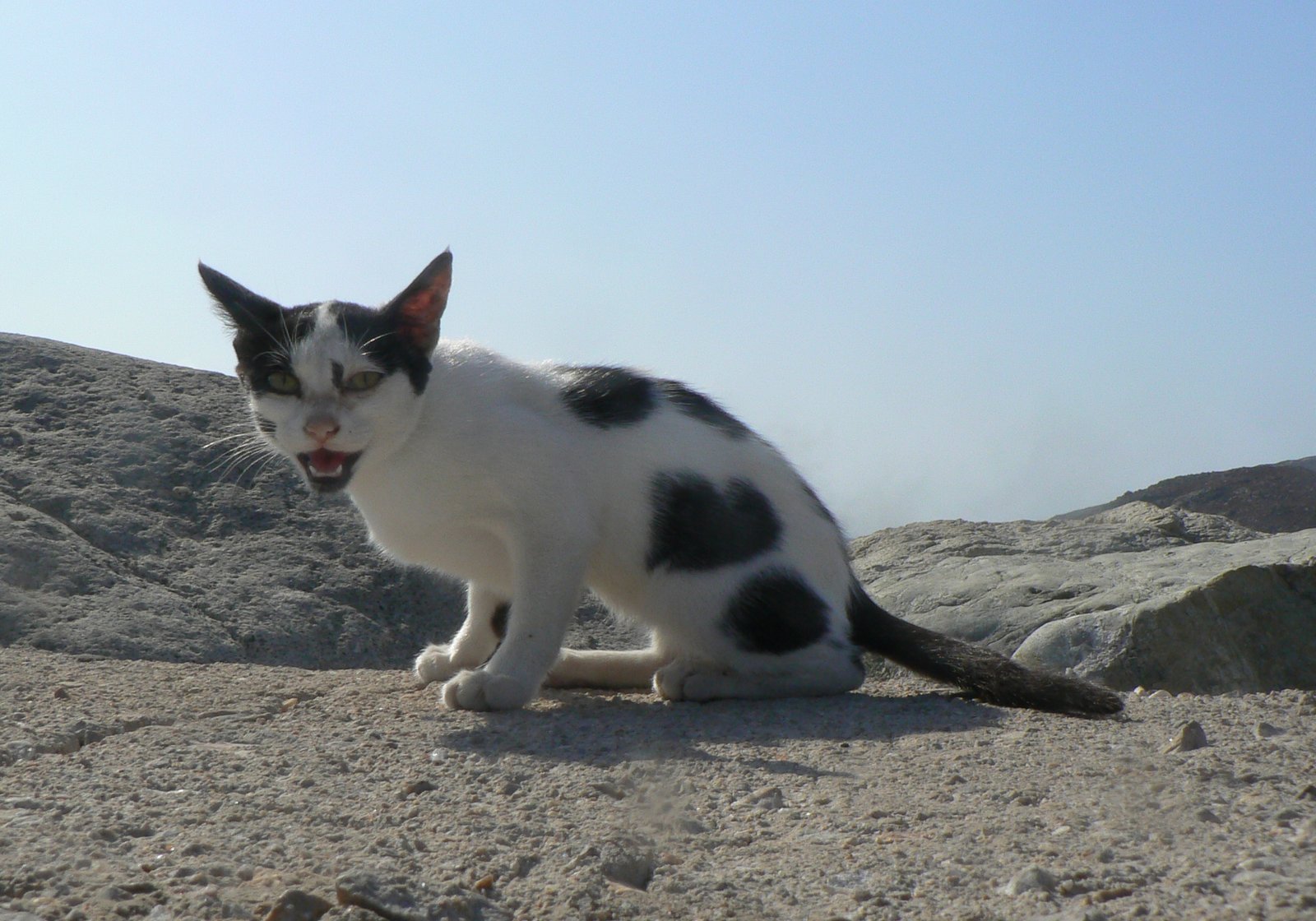
A serval in the African savanna was observed bundling long grass stems together to create a lure that attracted small birds within pouncing range. The cat would wave the grass bundle in patterns that mimicked the movement of insects, drawing curious prey closer.
This deceptive hunting strategy shows the serval’s ability to understand cause and effect relationships. The technique proved so effective that the same individual was observed teaching the behavior to its offspring, suggesting cultural transmission among wild cats.
Conclusion: Intelligence Beyond Instinct
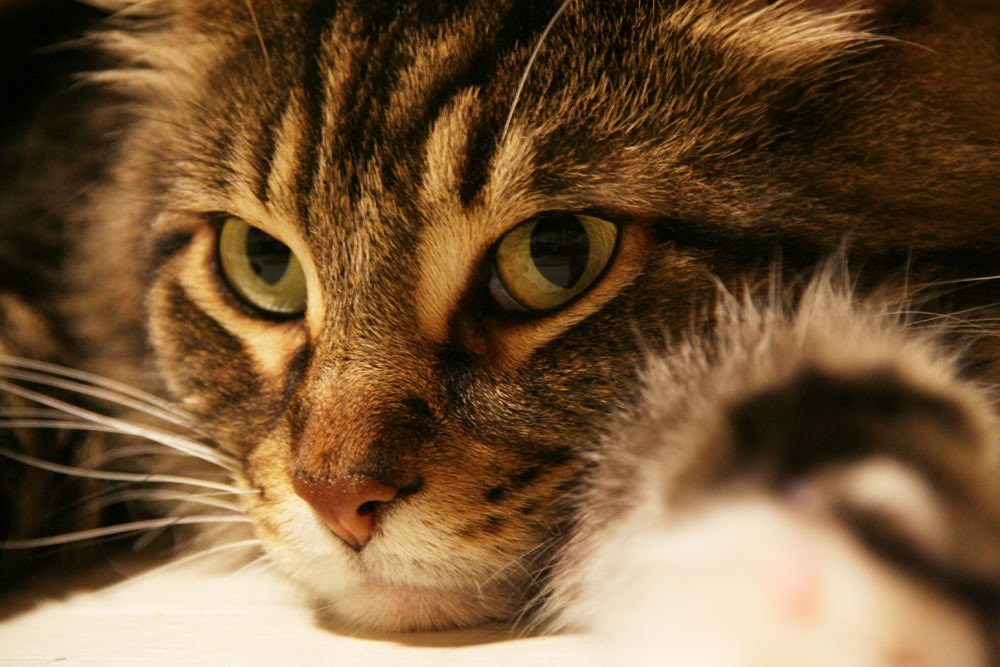
These remarkable observations challenge our understanding of feline intelligence and adaptability. From problem-solving jaguars to engineering pumas, big cats continue to surprise researchers with their cognitive abilities and creative use of environmental resources.
The documented tool-using behaviors span across different species and continents, suggesting that intelligence and adaptability are fundamental traits shared by all big cats. Each example demonstrates that these magnificent predators are far more than just instinct-driven hunters.
As we continue to study these fascinating creatures, one thing becomes clear: the line between human and animal intelligence is far blurrier than we once believed. Which of these ingenious big cats impressed you the most?
Hi, I’m Bola, a passionate writer and creative strategist with a knack for crafting compelling content that educates, inspires, and connects. Over the years, I’ve honed my skills across various writing fields, including content creation, copywriting, online course development, and video scriptwriting.
When I’m not at my desk, you’ll find me exploring new ideas, reading books, or brainstorming creative ways to solve challenges. I believe that words have the power to transform, and I’m here to help you leverage that power for success.
Thanks for stopping by, Keep coming to this website to checkout new articles form me. You’d always love it!






